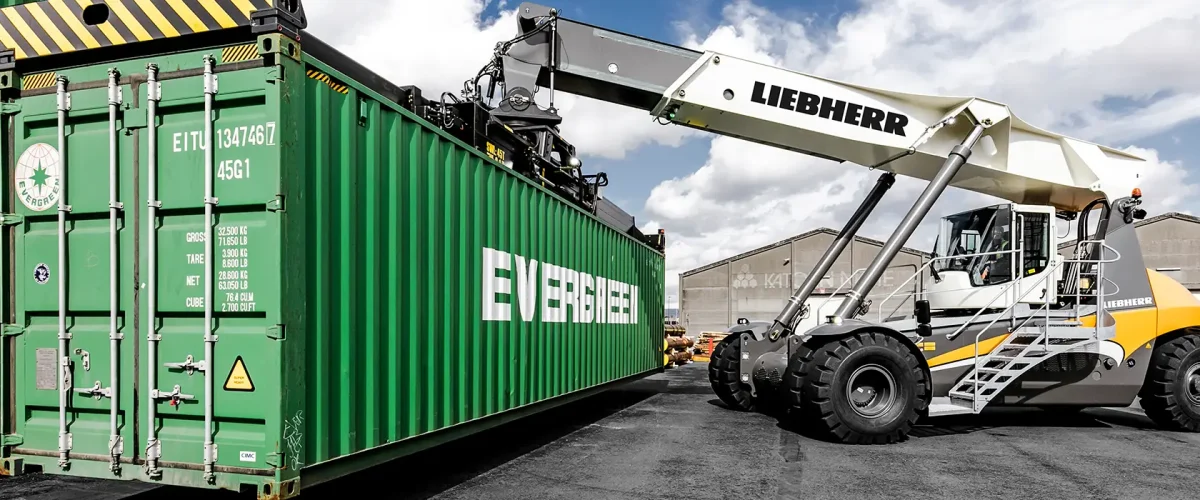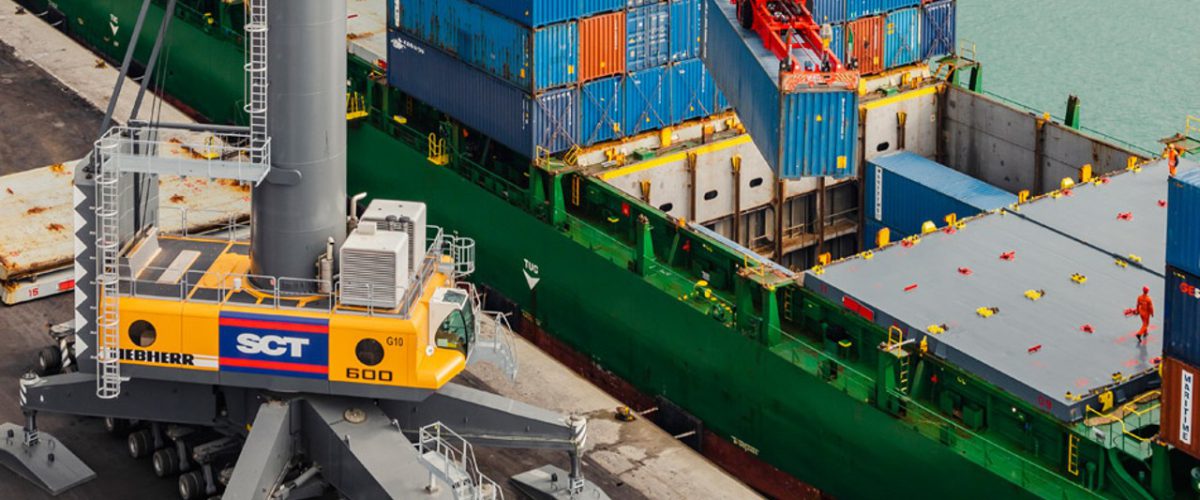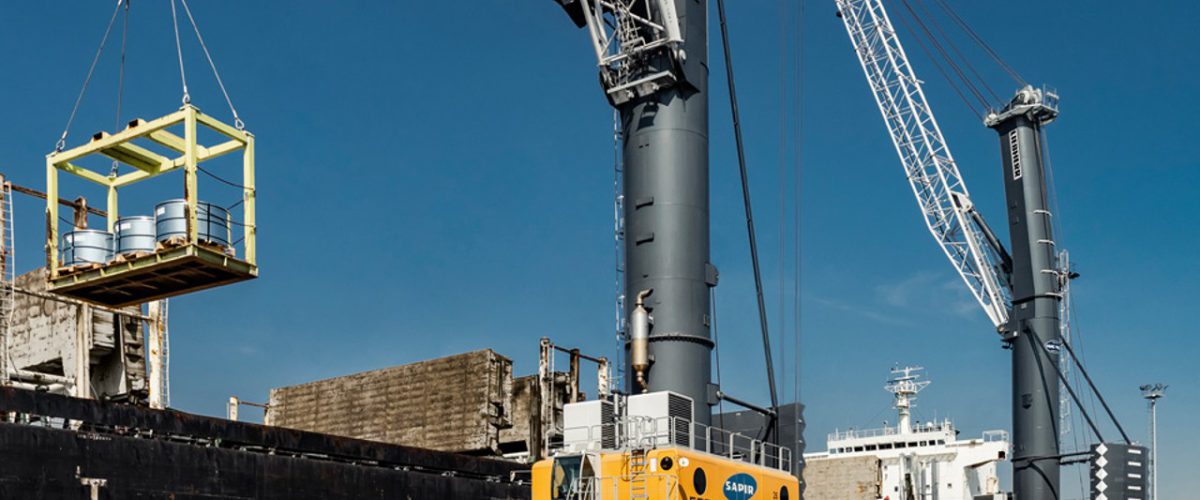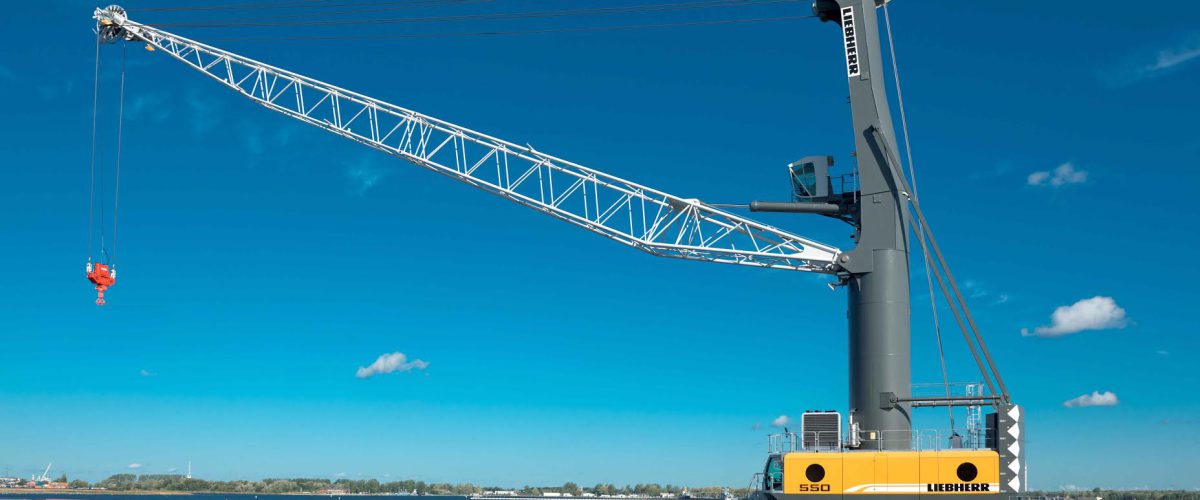OUR THEORETICAL CONTENT COURSES
Dock Regulations, Health & safety at work
The docks industry is considered to be a high-risk industry. Merchant ships can be hazardous workplaces and port workers and seafarers work together at the ship/shore interface in our ports and docks. International statistics indicate that the main causes of accidents in ports are slips and trips, being hit by moving. We provide guidance on the safety of dock workers.
Company’s Safety Policy
The purpose of this policy is to provide for consistent general and specialized safety-related training throughout all levels of the organization. We provide safety-related training that is prescribed and necessary to minimize losses of human and physical resources of the company.
Safety Codes
We inspect the construction, installation and maintenance of structures, equipment and systems to ensure compliance with relevant codes, standards and regulations.
Risk assessment
We provide risk assessment course that will enable your business to comply with the legal requirement to carry out ‘suitable and sufficient’ assessments of the risk related to activities. The course includes the following:
- An introduction to risk assessment
- Legal requirements
- Hazards
- Risks
- Objectives of risk assessments
- The stages of risk assessment
SSOW (Safe Systems of Work)
We Develop A Safe Systems Of Work by:
- Assessing The Task
- Hazard Identification
- Defining Safe Methods
- Implementing The System
- Monitoring The System
Fire Emergency
Fire safety training is required in most workplaces. The minimum standard that the Occupational Safety and Health Administration (OSHA) requires is that employees are trained on keeping themselves safe. This means knowing how to recognize signs of a fire and evacuate safely.
Emergency First Aid Person
This course is suitable for people aged 16+ who might need to provide first aid to someone who is injured or becomes ill while at work. It is ideal for organisations whose first aid needs assessment has identified a requirement for someone to hold a current emergency first aid at work qualification. If your needs assessment identifies a requirement for additional first aid training (e.g. due to having employees with a medical condition), we provide first aid at work course which teaches the skills to recognise and treat a wider range of injuries and medical conditions. It gives learners the skills and confidence to respond to a range of accidents and first aid emergencies they could encounter in the workplace.
Layout Of machinery Safe Working Practices
We provide guidance on using machines properly and in accordance with the manufacturer’s instructions; make sure operators are wearing the appropriate protective clothing and equipment required for that machine, such as safety glasses, hearing protection and safety shoes.
OUR PRACTICALTICAL CONTENT COURSES
Approach To machinery
We aim this guideline is at employers, engineers, designers, manufacturers and distributors of machinery. We will also developed a set of fact sheets for specific machinery. Though relevant to employers, these fact sheets are mostly aimed at operators and employees.
Obstructions, Pre-Operational Safety Checks
We ensure that your machine is operating safely and efficiently, a proper pre-operational check is important. The Obstructions, Pre-Operational Safety Checks covers a number of key components of the machine and helps to identify maintenance issues and repairs that may be required. It is important to assess the conditions observed during your inspection to determine the action required. Appropriate responses could range from immediate removal from service, often maintenance or basic repair that you will be expected to perform, or reporting conditions that will require service later.
Lifting Lowering Loads
We provide PROPER LIFTING TECHNIQUE such as:
- Plan ahead
- Stretch
- Lift
- Carry
- Set down

Mr. Henk P, the lead training instructor, is officially registered in the United Kingdom as a certified trainer with D Edens Ltd. His qualifications meet the stringent standards outlined in the Health and Safety Commission’s Approved Code of Practice (ACoP) L117. This certification ensures full compliance with industry best practices and safety regulations, demonstrating his expertise and commitment to delivering high-quality training programs.




